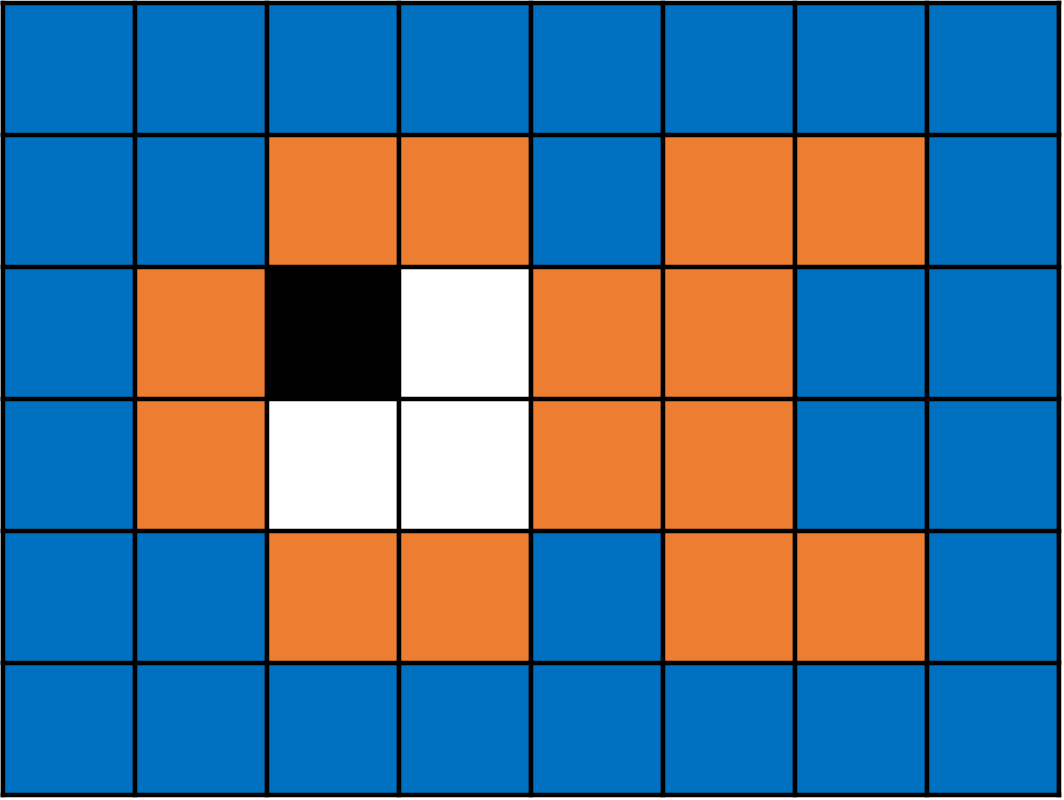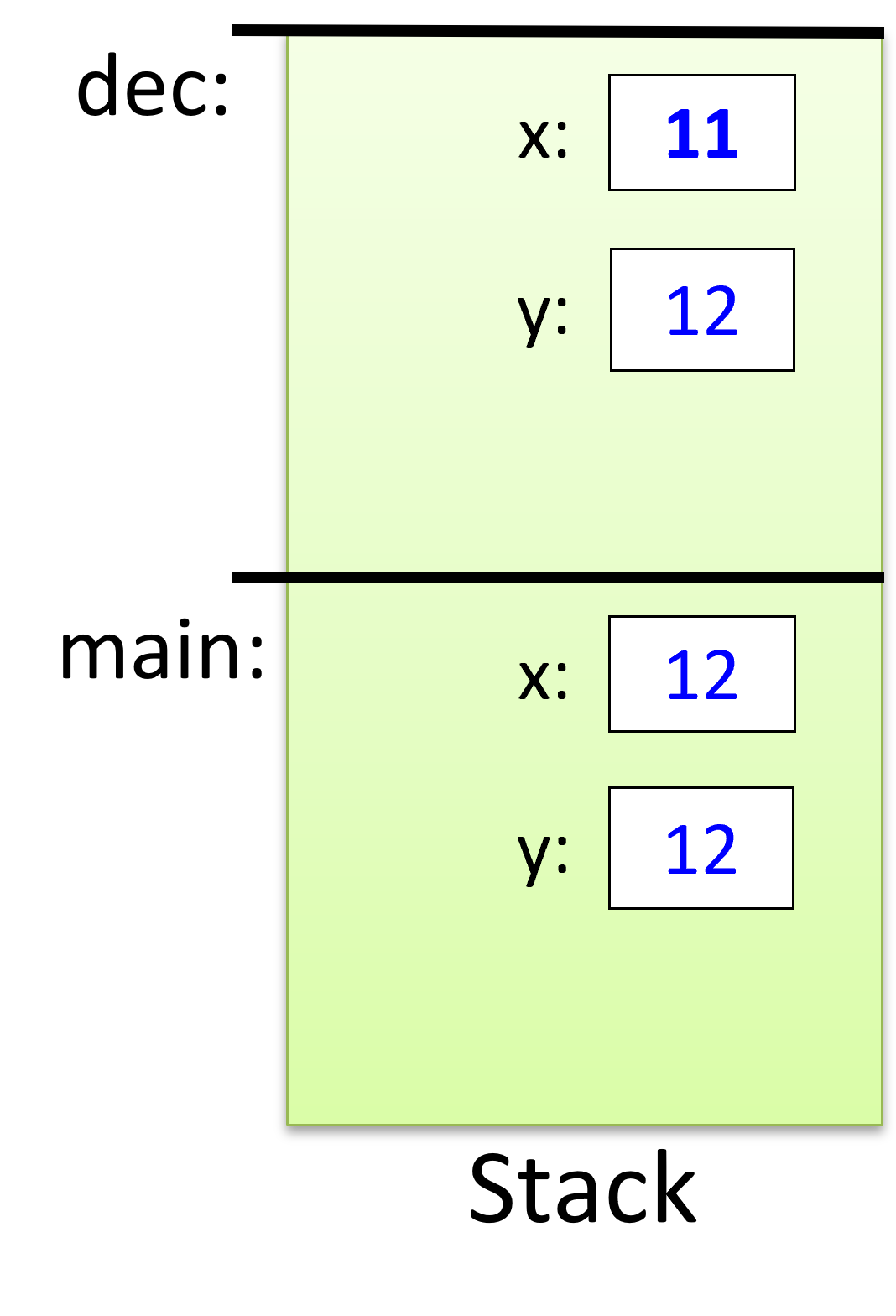Checkpoint 1.4.1.
True.
- False. It is the declaration/prototype of
f1, not the definition. The definition of the function would include the code that executes whenf1is called. False.
- False. It is the declaration/prototype of
f1, not the definition. The definition of the function would include the code that executes whenf1is called.
True or False: The following is a definition of the function
f1:int f1(int x, float y);
Hint.
What is the difference between a declaration and a definition?


